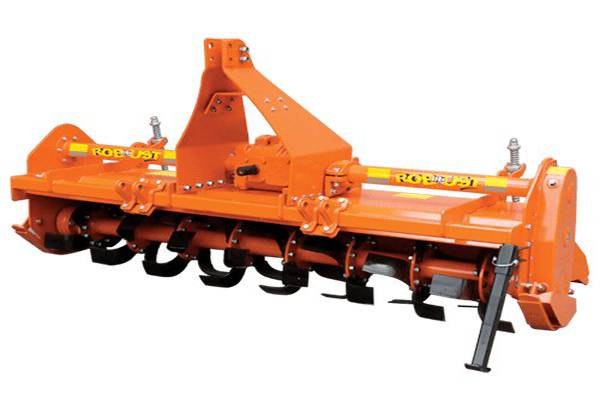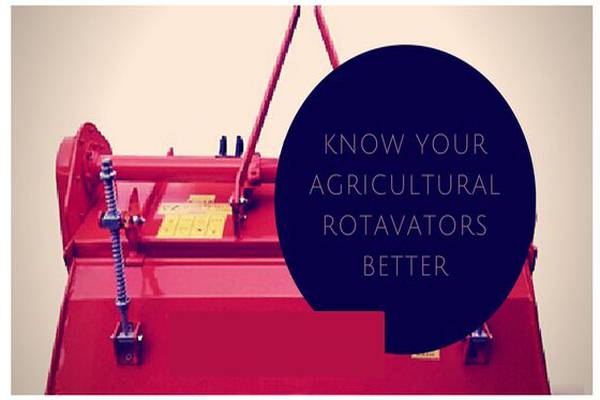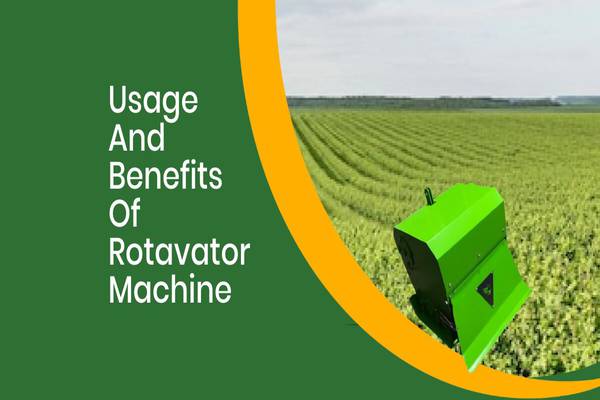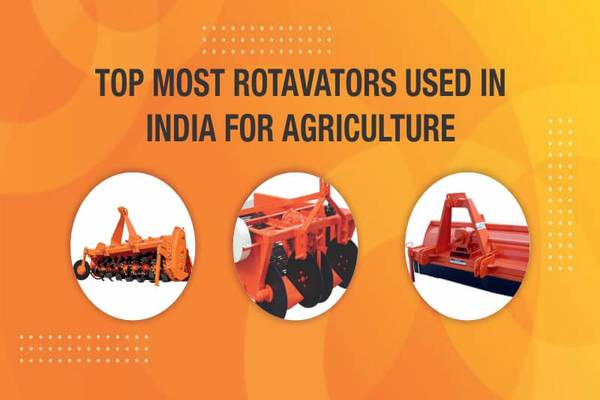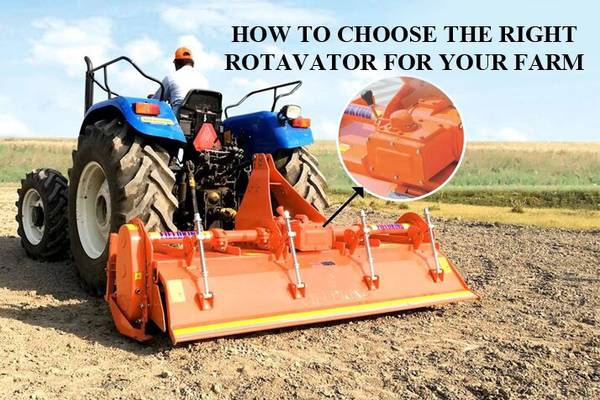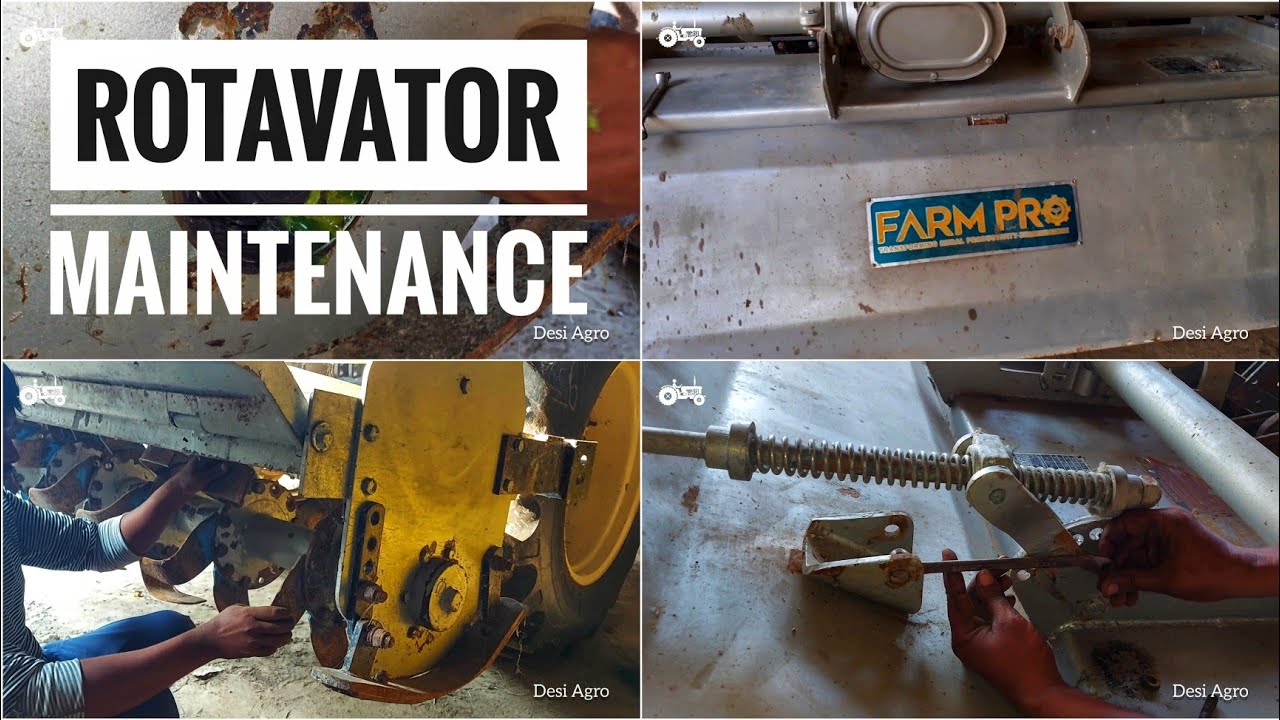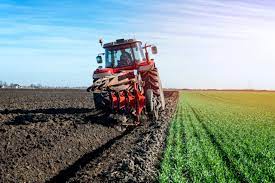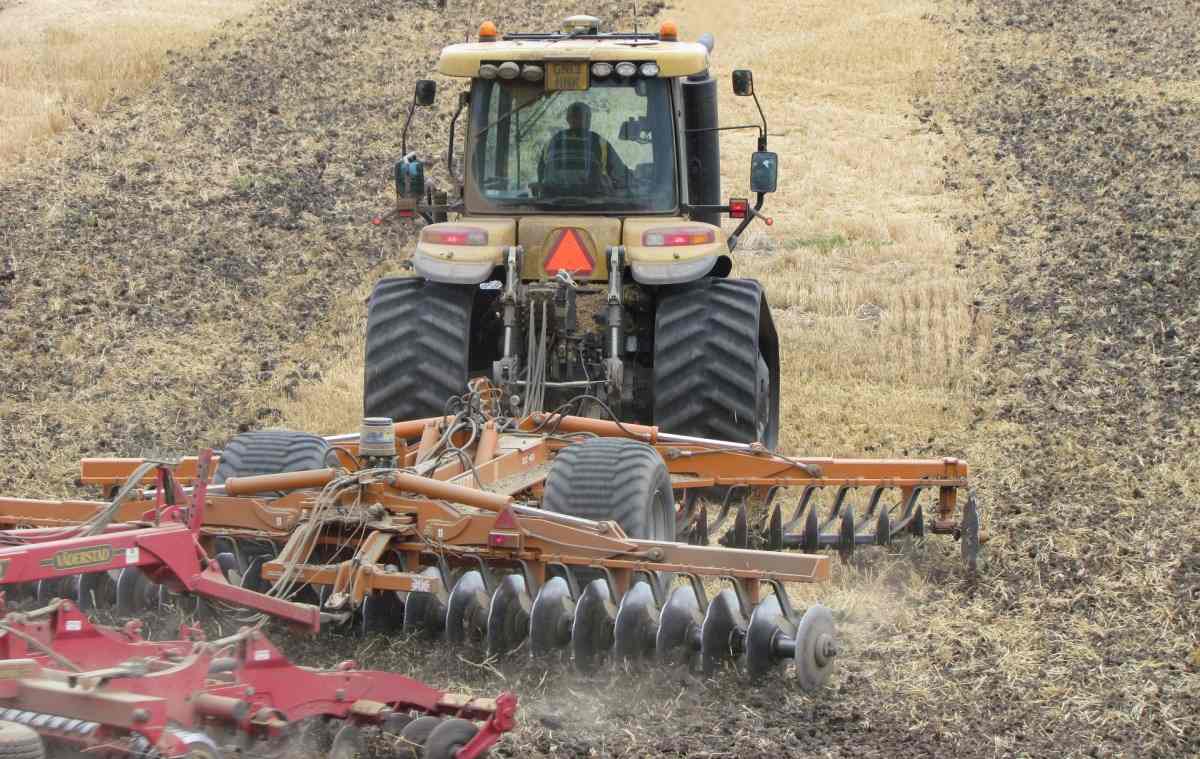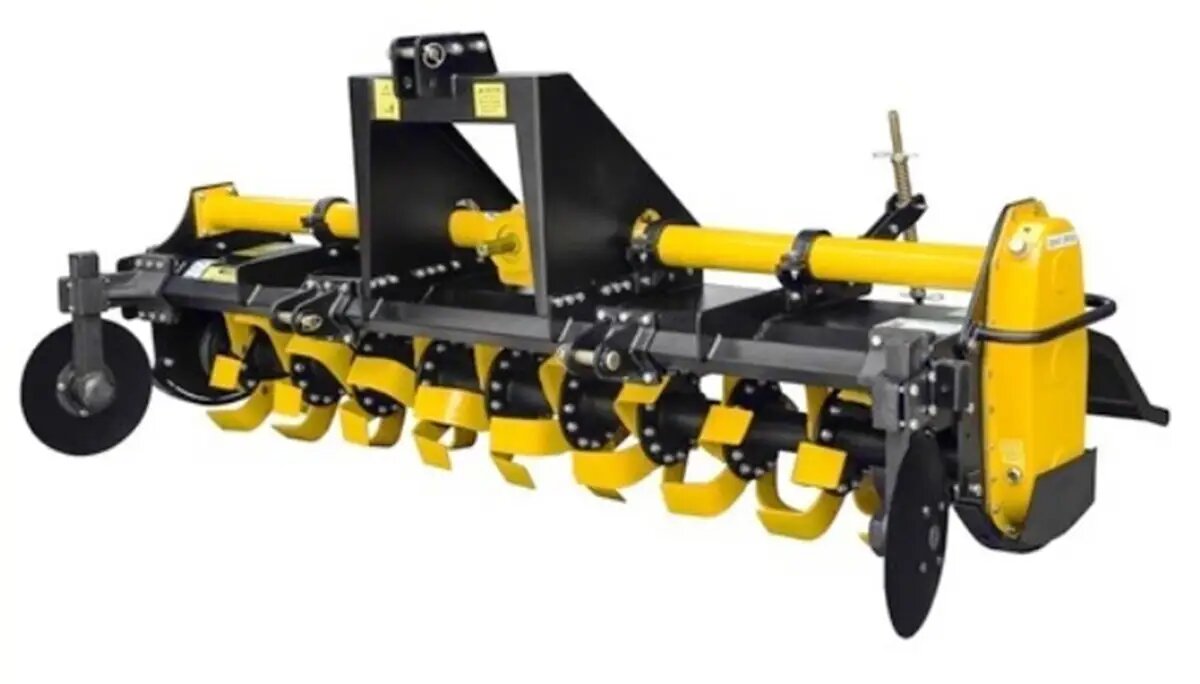Understanding The Role Of Rotavators
Drafted by: vijaychourey26@gmail.com
Agriculture, the backbone of our society, has witnessed remarkable technological advancements over the years. Among these innovations, the rotavator stands out as a game-changer in soil preparation. In this article, we'll delve into the world of rotavators and explore how they have revolutionized modern agriculture practices.
In the ever-evolving world of agriculture, innovation has always played a vital role in enhancing productivity and sustainability. The rotavator, a mechanized tool designed for soil preparation, has emerged as a key player in this regard. Its ability to efficiently till the soil has transformed the way farmers approach land cultivation.
Understanding Rotavators
A rotavator, often referred to as a rotary tiller, is a motorized agricultural implement used for breaking down and mixing soil, making it ready for planting. It consists of multiple blades that rotate horizontally, effectively churning the soil and incorporating organic matter. This process not only creates a fine seedbed but also helps in weed suppression.
Benefits Of Rotavators
Increased Efficiency
One of the primary advantages of using rotavators is the significant increase in efficiency. Traditional manual tilling methods are labor-intensive and time-consuming, whereas rotavators can cover large areas quickly and with minimal human effort.
Enhanced Soil Aeration
Rotavators contribute to improved soil structure and aeration. The rotating blades create pores in the soil, allowing air and water to penetrate deeper. This results in better root development and nutrient absorption for plants.
Weed Control
Weed management is a constant battle in agriculture. Rotavators help by uprooting and burying weeds, reducing the competition for nutrients among crops. This natural weed control method can decrease the reliance on herbicides.
Types Of Rotavators
Chain-Driven Rotavators
Chain-driven rotavators are known for their durability and versatility. They are suitable for both soft and medium-hard soils, making them a popular choice for small to medium-sized farms.
Gear-Driven Rotavators
Gear-driven rotavators are designed for heavy-duty tasks. They can efficiently handle hard and compacted soils, making them ideal for larger farms and commercial agricultural operations.
Choosing The Right Rotavator
Consideration of Land Type
When selecting a rotavator, the type of land plays a crucial role. Different models are better suited for specific soil conditions, ensuring optimal performance.
Farm Size and Scale
The size of the farm is another important factor. Smaller farms might benefit from a chain-driven rotavator, while larger operations could require the capabilities of a gear-driven model.
Rotavator Maintenance
Regular Cleaning and Lubrication
Proper maintenance is essential to prolong the lifespan of a rotavator. Regular cleaning and lubrication of moving parts prevent rust and ensure smooth operation.
Blade Maintenance
Blades are the heart of a rotavator. Keeping them sharp and in good condition guarantees efficient soil tillage. Regular inspections and replacements when necessary are key.
Environmental Impact
Reduced Chemical Usage
The use of rotavators can lead to a reduction in chemical herbicides. By mechanically uprooting weeds, farmers can decrease their reliance on harmful chemicals, promoting more eco-friendly practices.
Soil Conservation
Rotavators aid in soil conservation by minimizing soil erosion. The mixing action of the blades prevents topsoil from being carried away by wind or water, preserving valuable nutrients.
Challenges And Limitations
Rocky Soils
Rotavators may face challenges in rocky terrains where the presence of stones can damage the blades and other components. In such cases, preliminary stone removal might be necessary.
High Initial Cost
Acquiring a rotavator can pose a financial challenge for some farmers, especially those with smaller operations. However, the long-term benefits and increased efficiency often justify the investment.
Future Of Rotavators
As technology continues to advance, the future of rotavators looks promising. Innovations in blade design, fuel efficiency, and compatibility with various farm equipment are expected to further enhance their performance and sustainability.
